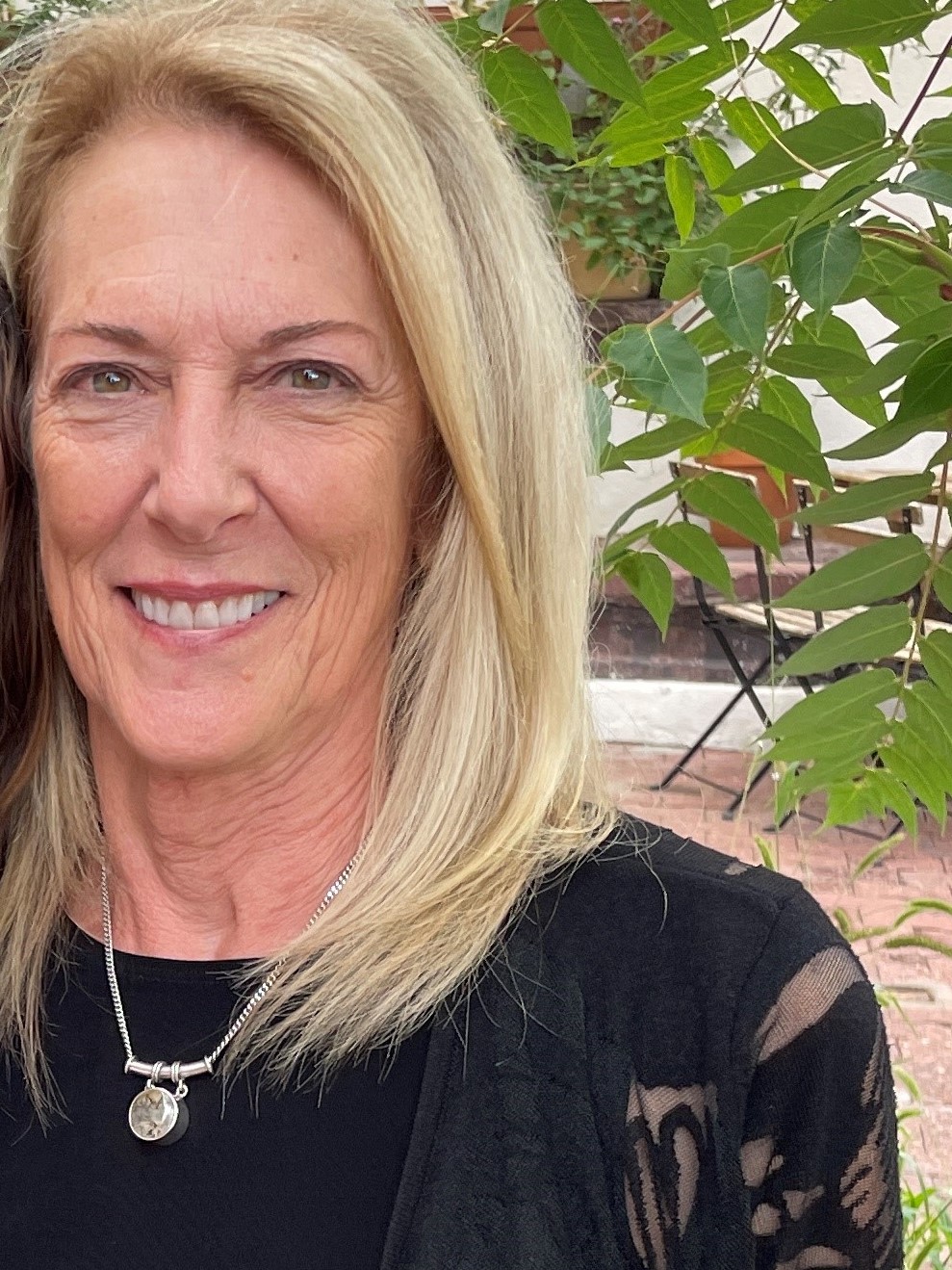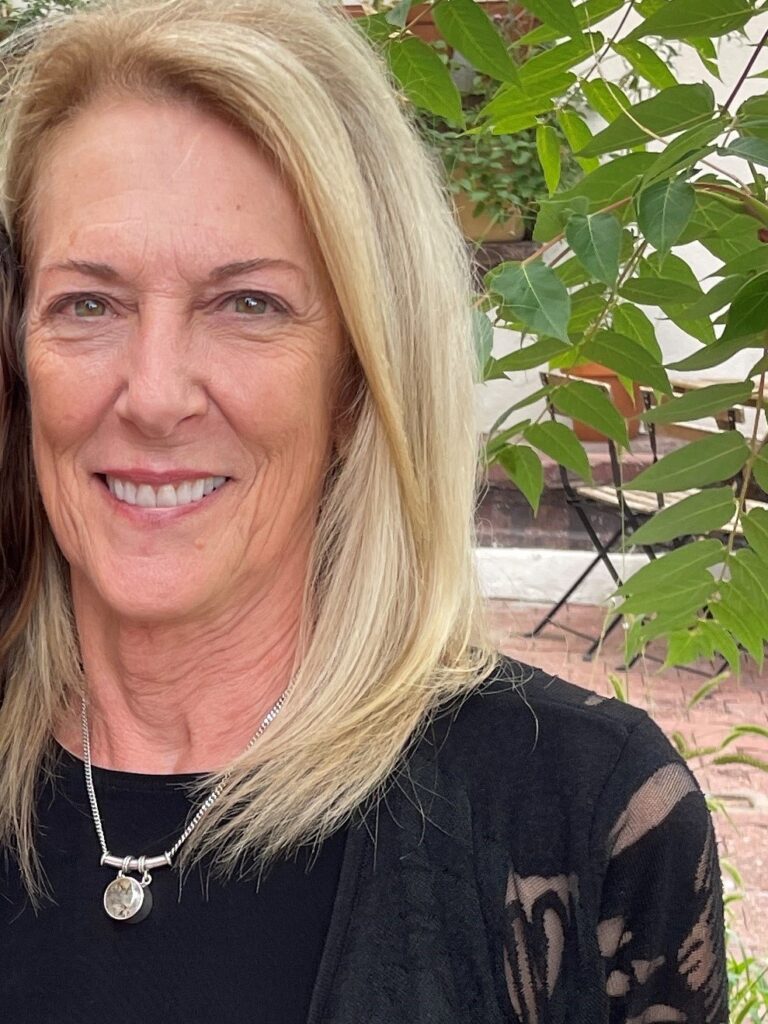Stephanie
Shields
Ph.D.
Curriculum Vitae
Education
Websites
Professional Bio
Research Interests:
Stephanie Shields' research is at the intersection of the psychology of emotion, the psychology of gender, and feminist psychology. For many years she has focused on questions concerning when, why, and how emotion and emotionality are explicitly labeled in everyday situations, especially in the workplace. She has also written extensively on intersectionality theory and how social psychological research can be more responsive to this perspective, beginning with editing a special issue of Sex Roles (2008) on gender and intersectionality. Another long-standing line of research interrogates the social context of psychological research, especially the history of the psychology of women and gender, and women's participation in American psychology. Throughout her career she has been concerned with applying basic research to practical interventions, most recently via WAGES, an interactive demonstration that illustrates the cumulative effect of unconscious biases in the workplace. A current CV is available here.
Recent publications
Richmond, K., Zelin, A., Settles, I., & Shields, S. A. (Eds.). (2023). The personal is professional: Feminist scholars on the road to tenure. Cognella.
McCormick-Huhn, K. & Shields, S. A. (2021). The emotion storyboard: A method to examine social dimensions of emotion. PLoS ONE 16(4): e0249294. https://doi.org/10.1371/journal.pone.0249294
McCormick-Huhn, K. & Shields, S. A. (2021). Favorable evaluations of Black and White women’s workplace anger during the era of #MeToo. Frontiers in Psychology, 25 February 2021. https://doi.org/10.3389/fpsyg.2021.594260
Cundiff, J. L., Warner, L. R., McCormick-Huhn, K., & Shields, S. A. (2021). Workshop Activity for Gender Equity Simulation (WAGES): An evidence-based experiential learning tool for educating about gender bias across learning and work contexts. In A. Nordstrom & W. Goodfriend (Eds.), Innovative stigma and discrimination reduction programs across the world (pp. 113-126). Taylor & Francis Routledge.
Shields, S. A. (2022). The delicate art of balancing serendipity and planfulness in an academic career. In N. Newton & J. Bookwalla (Eds.), Reflections from pioneering women in psychology. New York: Cambridge University Press.
Shields, S. A., Charash-Cohen, Y., & Walle, E. A. (2020) Everyday beliefs about emotion: Their role in subjective experience, emotion as an interpersonal process, and emotion theory. Special topic, Frontiers in Emotion Science. Available as free e-book.
Van Doren, N., Shields, S. A., & Soto, J. A. (2020) Emotion regulation in a first-year experience course: A qualitative analysis of students’ experiences. Journal of College Student Psychotherapy, DOI: 10.1080/87568225.2020.1740067
Shields, S. A. (2020). From “gender difference” to “doing gender” to “gender and structural power” in psychological science. In S. Fenstermaker & A. J. Stewart (Eds.), Gender, considered: Feminist reflections across the social sciences, pp. 333-361. New York: Macmillan/Palgrave.
McCormick-Huhn, K., Warner, L. R., Settles, I. H., & Shields, S. A. (2019). What if psychologists took intersectionality seriously? Psychology of Women Quarterly. Based on S. A. Shields, “What if psychology took intersectionality theory seriously?” Ernest R. Hilgard Award Address, APA, San Francisco, CA, August 2018. DOI:10.1177/0361684319866430
McCormick-Huhn, K., Kim, L. M., & Shields, S. A. (2019). Unconscious bias interventions for business: An initial test of WAGES-Business (Workshop Activity for Gender Equity Simulation) and Google’s “re:Work” trainings. Analyses of Social Issues and Public Policy, 0, 1-40. DOI: 10.1111/asap.12191
MacArthur, H, R. & Shields, S. A. (2019). How you cry, when you cry, why you cry, and who you are: Responses to adult crying in social contexts. In U. Hess & S. Hareli (Eds.). What emotions can tell us about the world, pp. 209-225. Springer. DOI:10.1007/978-3-030-32968-6_12
Frost, K., Franzoi, S., Oswald, D., & Shields, S. A. (2018). Revising the Body Esteem Scale with a U.S. college student sample: Evaluation, validation, and uses for the BES-R. Sex Roles, 78, 1-17. DOI:10.1007/s11199-017-0776-5
Warner, L. R. & Shields, S. A. (2018). Intersectionality as a framework for theory and research in feminist psychology. In Gender, sex, and sexualities: Psychological perspectives (N. K. Dess, J. Marecek, & L. C. Bell, Eds.), pp. 29-52. New York: Oxford University Press.
Shields, S. A., McCormick, K. T., Dicicco, E. C., & Zawadzki, M. J. (2018). Demonstrating the cumulative effects of unconscious bias with WAGES-Academic (Workshop Activity for Gender Equity Simulation): Short and long-term impact on faculty and administrators. 10.1615/JWomenMinorScienEng.2018014113
Cramer, H., Lauche, R., Daubenmier, J., Mehling, W., Büssing, A., Saha, F. J., Dobos, G., & Shields, S. A. (2018). Being aware of the painful body: Validation of the German Body Awareness Questionnaire and Body Responsiveness Questionnaire in patients with chronic pain. PLOS-One. https://doi.org/10.1371/journal.pone.0193000
Cundiff, J. L., Danube, C. L., Zawadzki, M. J., & Shields, S. A. (2018) Testing an intervention for recognizing and reporting subtle gender bias in promotion and tenure decisions, The Journal of Higher Education, 89:5, 611-636, DOI: 10.1080/00221546.2018.1437665.

